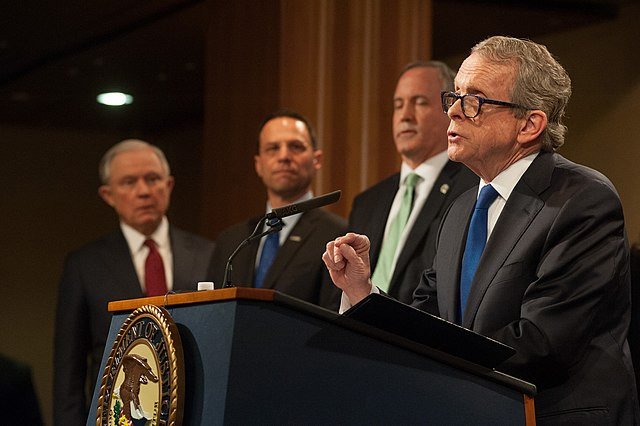Ohio Governor Mike DeWine vetoed a bill that would have prohibited gender-affirming care for transgender minors and barred transgender athletes from participating in female sports. The governor's decision stands out in a nation where more than 20 states, often led by Republican lawmakers, have enacted similar bans. DeWine defended his veto as a stand for parental rights and the well-being of transgender youth, asserting that the state should not override parental decisions on what is medically best for their children.
DeWine's stance represents a significant departure from the actions of other states and a growing number of Republican-controlled legislatures. He emphasized that many parents credit gender-affirming healthcare for saving their children's lives and that adults who received such care as minors are thriving because of it.
He shared, "Many parents have told me that their child would be dead today if they had not received the treatment they received from an Ohio children's hospital. I have also been told, by those that are now grown adults, that but for this care, they would have taken their lives when they were teenagers."
Despite the veto, Governor DeWine plans to implement certain provisions of the bill through executive actions, such as banning gender-confirmation surgery for individuals under 18 and enforcing stricter regulations on clinics offering gender-affirming care. His approach aims to address some concerns raised by the bill's supporters while preserving the rights of parents and minors in making healthcare decisions.
This move by Governor DeWine has ignited discussions on the role of state intervention in personal medical decisions and the rights of transgender individuals. While some laud the governor for his protective stance towards transgender youth and their families, others view it as a setback for those advocating stricter regulations on gender-affirming care.
The governor's decision and the reactions it has spurred underscore the complexity and divisiveness of the issue at hand. As America grapples with these contentious topics, DeWine's veto in Ohio may influence the ongoing national debate on transgender rights and healthcare.




